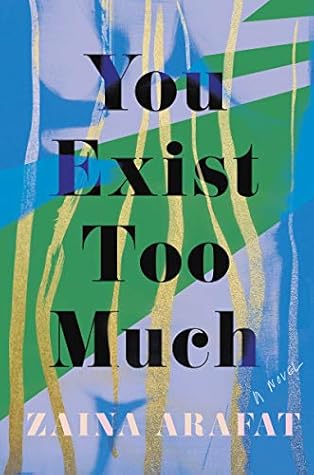More on this book
Community
Kindle Notes & Highlights
It occurred to me in that moment to question why, as a man, his bare legs were somehow less troubling than mine. It was a double standard, a shame I had simply accepted until then. In acquiring my gender, I had become offensive.
If my mother was Hamas—unpredictable, impulsive, and frustrated at being stifled—my father was Israel. He’d refuse to meet her most basic needs until she exploded. Then he would point at her and cry, “Look at what a monster she is, what a terror!” But never once did he consider why she had resorted to such extreme tactics, or his role in the matter.
During the Wednesday night Big Book meeting, a recovering alcoholic defined intimacy as “into-me-you-see.”
I sniffled and snorted and tried to suck back snot and tears, which only made me cry harder. I’m aware I can be exhausting—“you exist too much,” my mother often told me.
Until now, it’s never occurred to me that my mother was—my mother is—a child, forever stunted by her own traumas. I reconsider everything that was inflicted upon her. That she grew up under military occupation, that she was married by twenty and pregnant the following year, that her husband’s ambitions undermined her own and further displaced her, casting her into exile with a fragmented sense of home. All of her present power—her fearful rage, her enviable status, her unrelenting beauty—fades against this reality.
I am lost in my mother’s possibility, in what could’ve been, caught between her frustrated potential and a desire to fulfill my own. I lament the disappointments that have come from surrendering her approval to pursue my own desires. I lament what she’s given up for me. Our mutual sacrifice creates wounds that may never heal. I will carry sadness for her pain, and also for mine. In receiving love from others, it will always be hers I crave most.


